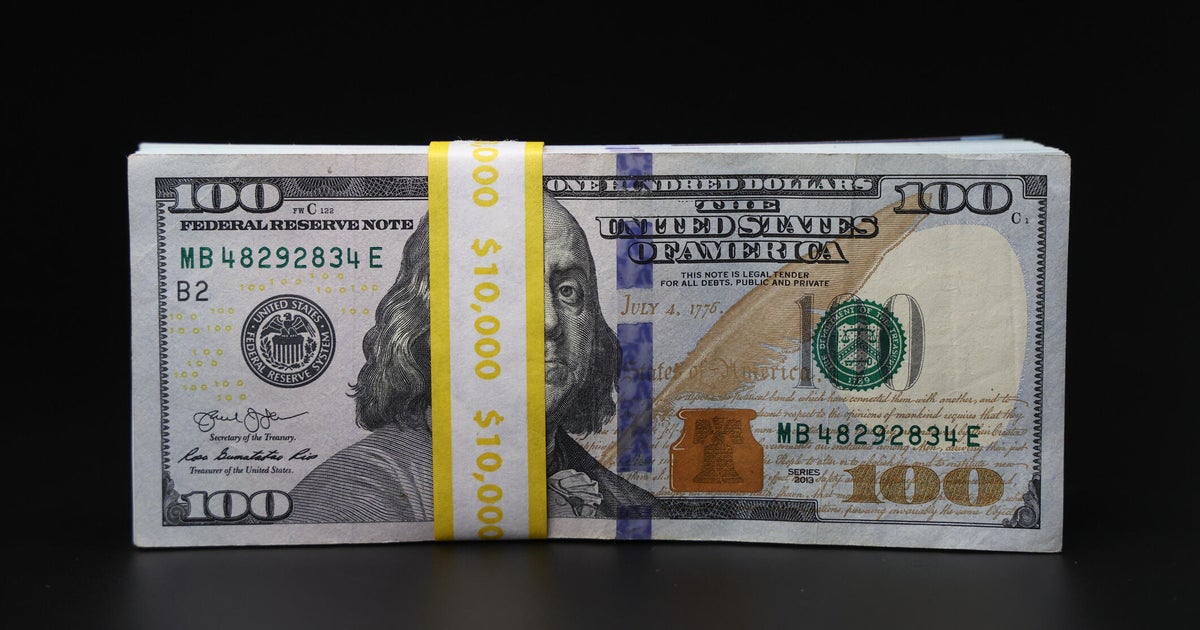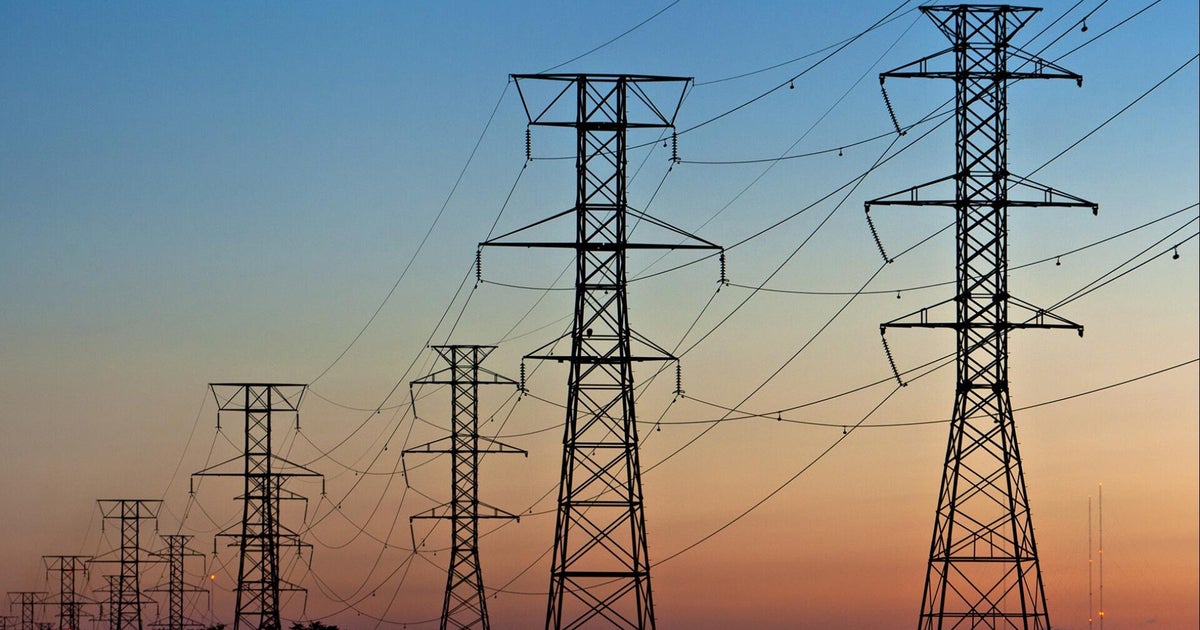How much money should you save? Here's what experts think
Apple released a new savings account this month, sparking interest among savers looking for the best place to keep their balances.
The account has a lot to like: it offers a 4.15% APY and no fees or minimum balance requirements. That puts it on par with some of the top savings account rates available today. These accounts offer upwards of 4.00% or even 4.50% APY and come with features for easy access and contributions.
But once you choose the right savings account for you, the next step is actually building up your balance.
The amount of money you save is one of the most important parts of your overall financial plan. Savings can help you in several ways along your financial journey — from covering unexpected expenses to staying afloat during periods of financial hardship to going on a dream vacation or back to school.
But with all these different goals and potential expenses, it can be difficult to decide just how much savings is enough. Especially if you're starting from zero, the idea of saving thousands of dollars may be daunting. Luckily, there are a few details about your financial situation and goals that you can use to decide the right savings number for yourself.
Start by exploring today's top savings rates.
How much money should you save?
Setting a savings goal is a great way to motivate yourself to keep saving over time.
"Having a specific savings goal in mind also makes it much easier to save than just saving for the sake of it," says Kim Hall, CFP, director of financial planning and co-owner of Clarity Wealth Development.
But that goal may look different for everyone.
One way to start is by building your emergency fund.
"I typically recommend 3-6 months worth of savings," says Jay Lee, CFA, CFP, founder of Ballaster Financial. But given today's overall economic uncertainty, you may want to lean closer to six months to be more conservative, he says.
Additional cash on hand given today's economy — coupled with the high yields savings account earn — is not a bad thing, agrees John Boyd, CFP, founder and lead wealth advisor at MDRN Wealth.
"How much to keep in savings I believe varies by age and your personal circumstances," he says. "Generally speaking, when using the traditional 3-6 month of expenses emergency fund benchmark, most people can lean more on that 6 months mark and maybe even exceed it a little."
Compare top savings rates right now to find the best account for you.
Building savings over time
The good news is, it's okay if you don't have thousands of dollars in a savings account today. In fact, today's very high interest rates make it one of the most lucrative times to start building your savings with a boost from interest earnings.
Start by opening a savings account and contributing what you can. Set up automated contributions so you can direct the money to your savings before you have a chance to miss it. Even if it's only a few dollars each month, that can make a big difference over time.
When you're able to save a bit more, work out a portion of your income that aligns with your expenses and other financial goals.
"One popular rule of thumb is to save 20% of your income, spend 30% on wants (discretionary things like vacations and entertainment) and 50% on needs (food, housing and utilities)," Hall says. "But ultimately savings rates vary by person, and really depend on what stage of life you are in and on other things that are going on in your life."
The bottom line
The amount of money that you should be saving is personal. Some people — especially if they have a stable income and low expenses — may feel comfortable with a smaller amount. On the other hand, people with less reliable income or very high monthly expenses may want to secure a large amount in savings.
Set a goal based on your risk tolerance, current expenses and future goals — and then start saving. Any amount you save in a high-yield savings account today is going to help you earn interest and reach your goal more quickly.
To get started, compare today's top savings rates now.




